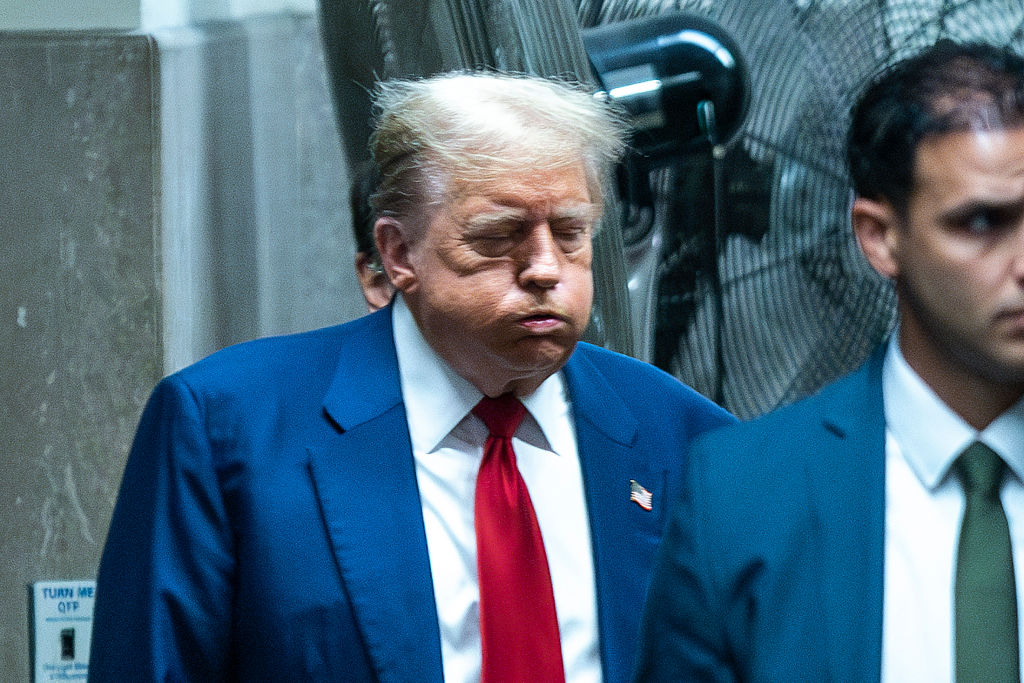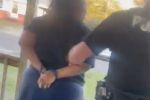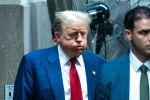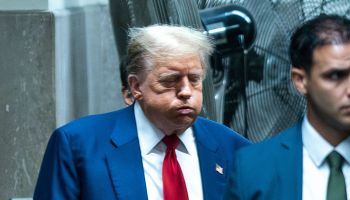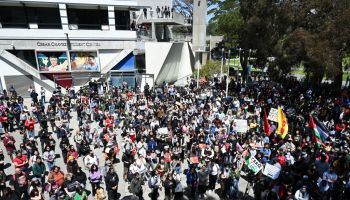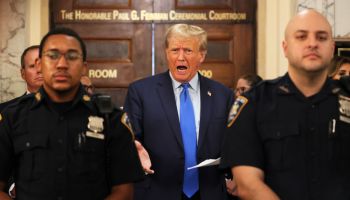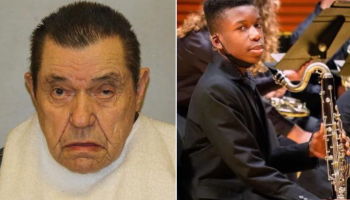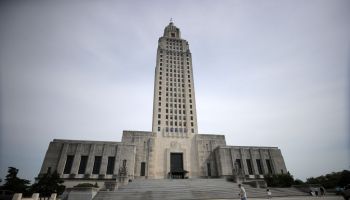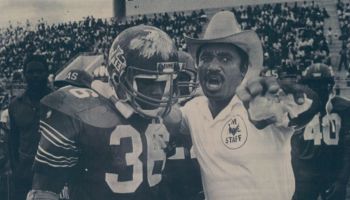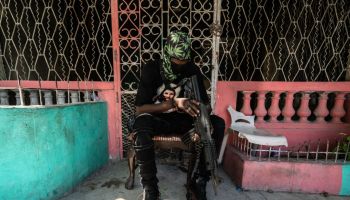On Wednesday, a legal team comprised of attorneys from the Advancement Project and the American Civil Liberties Union held a media call to discuss the recent filing of a joint motion for an en banc rehearing of the ongoing voter ID battle in the state of Wisconsin. Both civil rights groups have been working in tandem and were victorious in April in getting the measure struck down. The state appealed the ruling, though, with the U.S. 7th Circuit Court of Appeals, and last week it stayed the voter ID law’s injunction. The ruling struck a blow to the efforts of the groups, putting the voting rights of many in the state in jeopardy ahead of the November midterm elections.
SEE ALSO: A Look At Voter Photo ID Requirements
According to the group’s findings, around 300,00 registered voters, especially those of color, could potentially be disenfranchised by the law as a result of not having the required identification. Further, thousands of absentee ballots have already poured in to election offices, and they, too, face the reality of their votes not counting as a result of the court’s ruling.
The attorneys who represented a group of plaintiffs regarding the law all joined the media call. Katherine Culliton-González, Advancement Project senior attorney and director of Voter Protection; Dale Ho, ACLU voting rights project director; John Ulin, Arnold & Porter LLC partner; and Darryl Morin, League of United Latin American Citizens (LULAC) National VP-Midwest all took turns speaking.
Mr. Ho began the discussion, remarking early on that of the 12,000 absentee ballots that have been sent out, hundreds have been returned but without instruction that they, too, will need to provide copies of proper identification in order for their votes to count. Ho also stated that for the 300,000 voters who lack the necessary identification, the state would have to issue around 6,000 new ID cards per day between now and November’s election.
Ms. Culliton-González added to Ho’s comments about the disenfranchisement angle of the law, saying that politicians are swaying the vote while also championing racial discrimination. Culliton-González added that Wisconsin residents would have to go through extreme measures to obtain the proper documents necessary to obtain ID. Further, with the limited number of facilities to service that need, Culliton-González also noted that with the limited time available, every person prior to the restrictive law who was eligible to vote will now no longer enjoy that right.
Mr. Morin’s portion of the call focused on the direct impact this law will have on African-American and Latino voters, stating that the 7th Circuit Court actually acknowledged how deeply those groups would be affected. Mr. Ulin was just as clear as his colleagues in how pervasive the negative effects the voter ID law will have should it remain it place as it stands now. All four speakers remarked on the curious timing of the court staying the injunction, and repeatedly spoke to how the state isn’t offering a swifter and fairer alternative for residents to obtain IDs.
As with other states, Wisconsin’s main argument for the voter ID law is the supposed specter of voter fraud. Mr. Morin noted that despite research costing millions of tax dollars, widespread instances of the said crime were not found.
NewsOne asked the group who has been stoking the fires of this voter fraud myth as well as who do the laws serve ultimately.
Attorney Ulin was the first to answer, stating that this law is designed to stop in-person voting fraud. Over the past 10 years, Ulin stated that the state employed four task forces to investigate such fraud and found nothing of the sort. Essentially, Ulin said that the proponents of the law are the main individuals who keep voter fraud allegations alive and also stand to benefit from it the most. Attorney Ho supported Ulin’s position as well, adding that this is little more than a voting suppression tactic.
NewsOne also asked about the absentee ballot voters and if exceptions would be made for them given their limitations from being in state. The group said almost universally that they would not be exempt from the state law.
SEE ALSO: After The Midterms, The Diversity Gap In The House Will Be Wider Than Ever [VIDEO]
